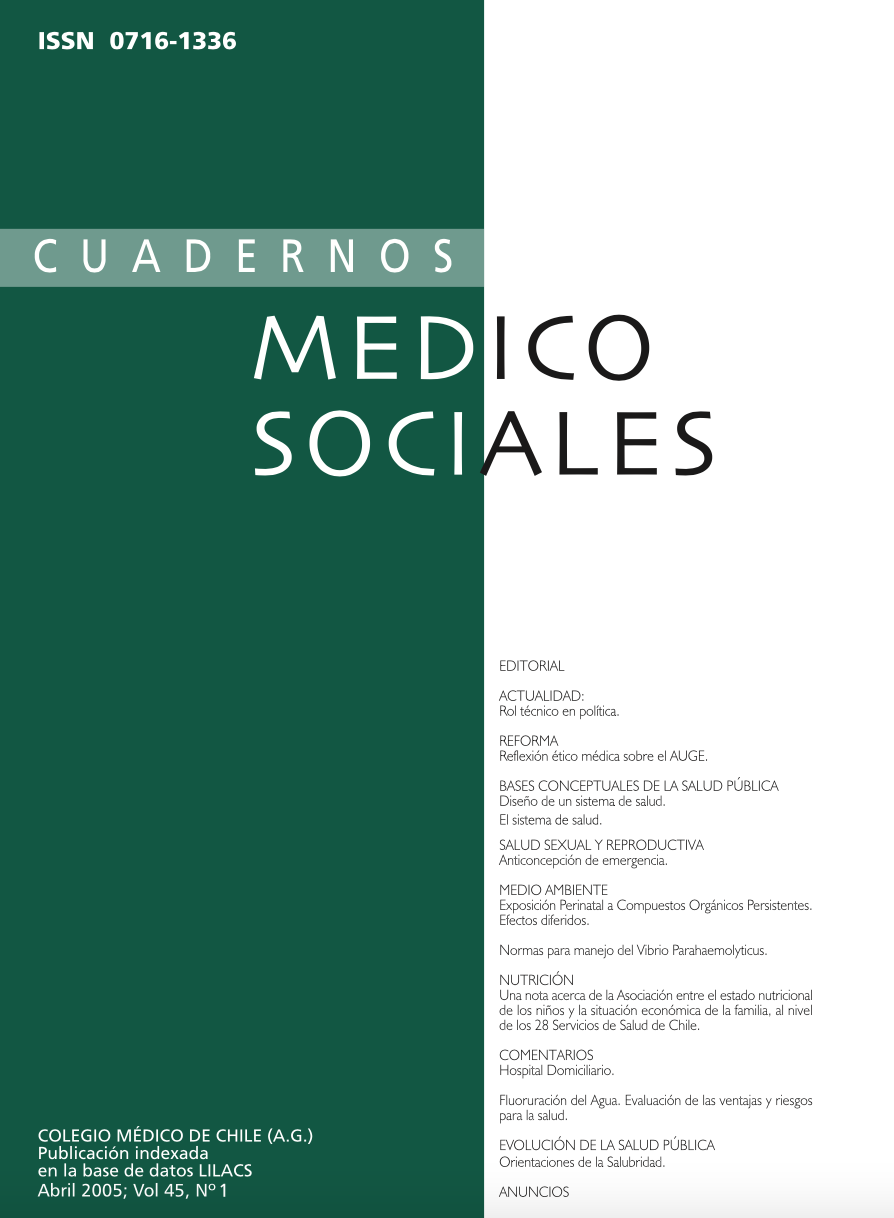Emergency contraceptive pills in Chile. A gender and public health issue
Keywords:
Emergency contraception, MicroabortionAbstract
The Emergency Contraceptive Pill (ECP), has been used in Chile from the begining of the 60‘s. The legal demand against the Public Health Institute started on 2001, because of the approval of the ECP with only Levonorgestrel, defined by the plaintiff as abortive pills. One trade mark called Postinal was forbidden , but another trade mark called Postinor II can be obtained from any drugstore, with a medical prescription. The demand is still at the Supreme Court of Justice. The Ministry of Health has had contradictory public decisions. Women who are able to buy the ECP at the drugstore with a medical prescription can use this method in order to prevent an undesired potential pregnancy, but women who are beneficiaries of the public health system, can obtain the ECP free, from the primary health outpatient clinics only in case of rape or violation. Scientific research, with an important participation of Chilean scientists, has not proved that Levonorgestrel affects the fertilized ovum or its implantation in the endometrium. Emergency contraception has aroused a strong public debate around ethical considerations, with an important degree of misinformation of the population and health professionals.
Downloads
Downloads
Published
How to Cite
Issue
Section
License

This work is licensed under a Creative Commons Attribution-NonCommercial-ShareAlike 4.0 International License.


